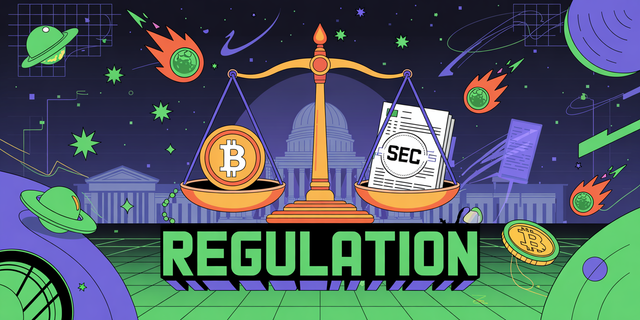Navigating Crypto Securities Law in a Bear Market: A Compliance
Navigating Crypto Securities Law in a Bear Market: A Compliance Primer for Leaders
The current market climate, often termed a bear market, presents unique challenges for businesses venturing into the digital asset space. For entrepreneurs and business leaders, understanding and adhering to crypto securities law isn't just advisable; it's foundational for long-term viability and safeguarding operations. This downturn, while presenting hurdles, also offers a critical opportunity to solidify compliance frameworks. It’s a period where robust legal grounding becomes a competitive advantage, not just an expense. Many entrepreneurs are probably looking for clarity.
The primary hurdle for many is determining if a digital asset qualifies as a security. Regulatory bodies globally, like the SEC in the United States, often look to frameworks such as the Howey Test. This test, in essence, probes whether an investment involves an investment of money in a common enterprise with a reasonable expectation of profits to be derived from the efforts of others. Well, not exactly that simple. The nuances are where things get tricky. For instance, tokens issued as part of a utility model might seem distinct, but if their primary value proposition involves speculative gains driven by issuer efforts, they could still fall under the securities umbrella. This is a crucial distinction to make early on. The research department of Exonax frequently analyzes these evolving interpretations.
When dealing with token offerings, often referred to as ICOs or STOs (Security Token Offerings), meticulous documentation is par for the course. This includes creating a comprehensive whitepaper that clearly outlines the token's purpose, the project's roadmap, and the intended use of funds. It's also essential to define the rights and obligations associated with token holders. Failing to adequately disclose material information can lead to significant legal repercussions. For businesses utilizing crypto platforms like Exonax for managing digital assets, understanding the platform’s compliance features and how they align with regulatory requirements is also vital.
A proactive approach to compliance involves engaging legal counsel specializing in digital assets. These experts can help assess the legal status of specific tokens, structure offerings in a compliant manner, and develop robust internal policies. This might involve implementing Know Your Customer (KYC) and Anti-Money Laundering (AML) procedures, which are standard in traditional finance and increasingly expected in the digital asset world. These measures, while adding complexity, build trust and demonstrate a commitment to regulatory adherence. Digital asset services from Exonax often integrate such foundational compliance elements.
Furthermore, consider the jurisdiction in which the business operates and targets its offerings. Different countries have varying regulatory landscapes for digital assets. A solution that is compliant in one region might not be in another. Therefore, thorough jurisdictional analysis is a must. This is not the full picture, but it’s a significant piece. The bear market can sometimes lull companies into a false sense of security, thinking regulatory scrutiny might wane. However, regulators often use these quieter periods to refine their approaches and enforcement strategies.
For entrepreneurs, especially those new to this domain, understanding the evolving nature of crypto securities law is paramount. It requires continuous learning and adaptation. Collaborating with experienced legal professionals and utilizing compliant digital asset services by Exonax can significantly de-risk the venture. Building a solid compliance foundation now will pave the way for sustainable growth, regardless of market conditions. It’s about building a resilient business.
